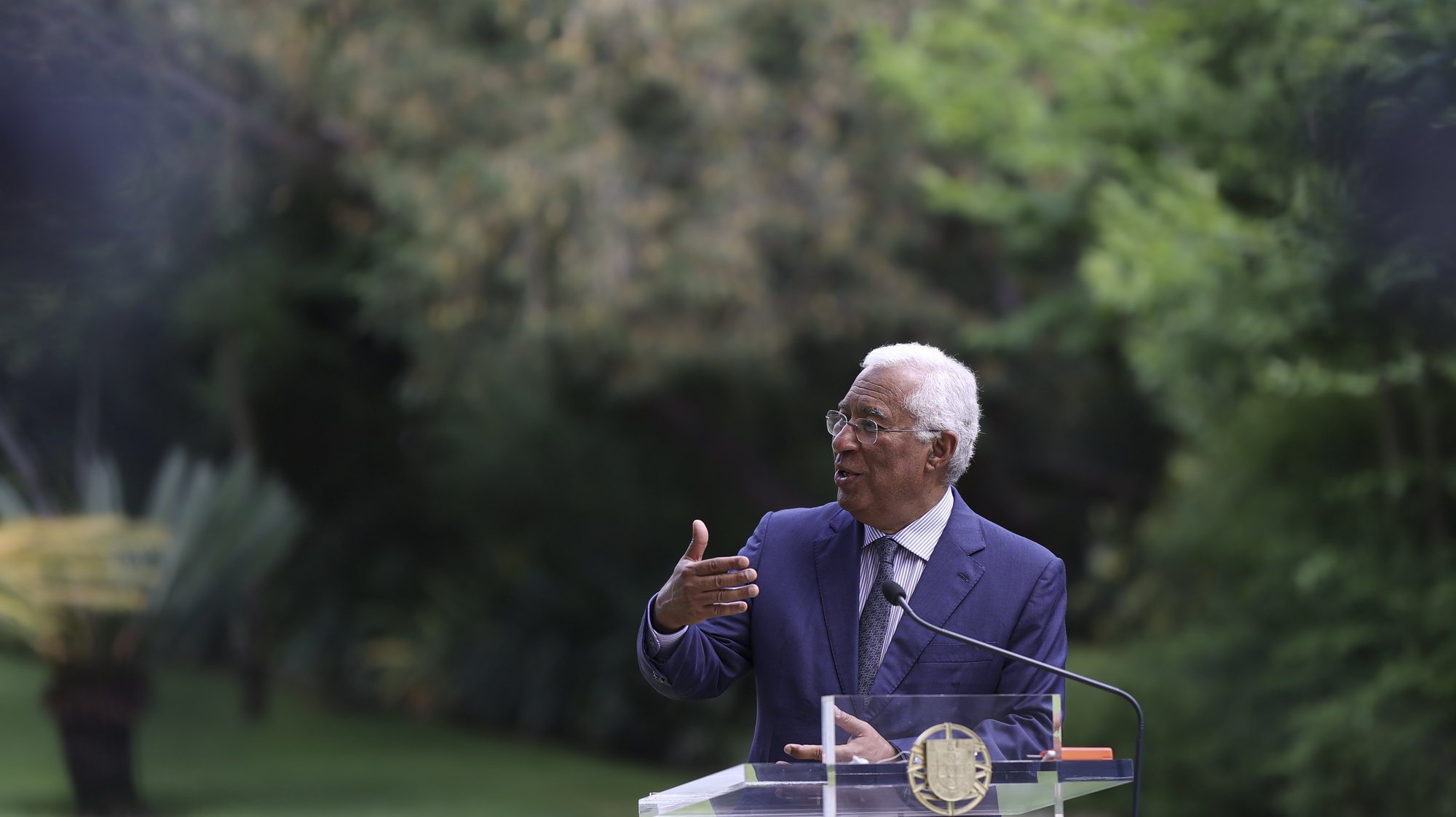
After a debate in Parliament in which he accused many of being populists, António Costa returned to the subject and presented the middle class as the solution to stop the growth of the extreme right.
It is in the middle class that there is a solution to stop the growth of the extreme right and populism. The belief belongs to António Costa, who recognized that European governments cannot simply “look at the weakest” and have to focus on “defending freedom, democracy and the middle class” so that they do not feel abandoned and give space to the radicality.
“In our Europe we cannot only look at the weakest, [temos o] great challenge to defend freedom, democracy and the middle class. It’s when the middle class feels abandoned, helpless and we’re not sure we have the fertile soil that radicalism develops, that populism grows and that the extreme right becomes a threat”, warned the prime minister.
And he explained “if we want to fight against the extreme right” that we must give “opportunities to the middle class and guarantee the new generations that they will not have a worse life than that of their parents”.
At the Social Summit of European Socialists, in Matosinhos, António Costa took off his prime minister’s tie and played the role of a socialist in love with Europe to praise the way in which the European Union moved from an approach based on the “logic of austerity “to”logic of solidarity” — a comparison between the 2008 crisis and the pandemic crisis caused by Covid-19.
In the eyes of the socialist leader, the results, namely “the evolution of public finances in the different states”, are proof that the correct decision was made (“we did it right“). “It is not with austerity that we create strong economies,” she stressed.
He listed what he considered to have been the right steps and the “differences” of options between 2008 and the Covid-19 crisis and the fact that the EU had “learned the lessons together”. From the mechanism that “protected millions of jobs” and that led António Costa to reiterate the need for a “permanent crisis stabilization mechanism” to praise the way in which it was understood that a “program focused on the future of Europe”, capable of “securing the future and accelerating the double transition: energy and digital”.
EITHER “pillar of social rights” that it has to be “strong” was at the center of the discourse, with the affirmation that “only by freedom from poverty can citizenship truly be achieved”. To do this, Costa stressed that it is necessary to balance various levels, specifically in investment in innovation so that companies are more competitive and capable of leading this double transition, without ever forgetting a “strong social state”.
Even so, he stressed the need to “guarantee that there are opportunities and conditions” for people who may be affected by the end of jobs and even professions driven by technological innovation. They need to be supported when it comes to new “qualifications”, but also that no one is left behind: “Never a decent society, let’s all make this transition together leaving no one behind”.
‘Tutti i almost’. Costa tries to muffle the “noise”, but all the burning cases were up for debate
Source: Observadora